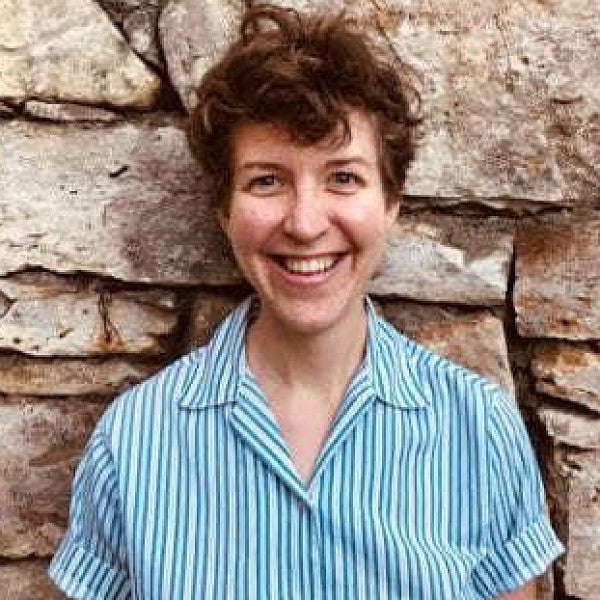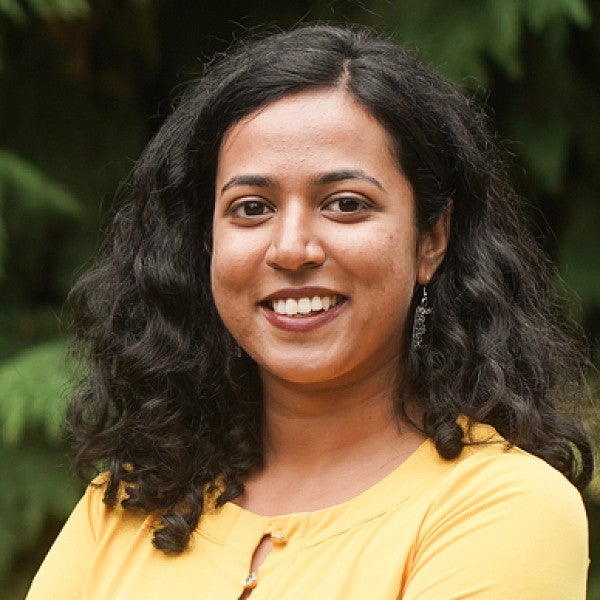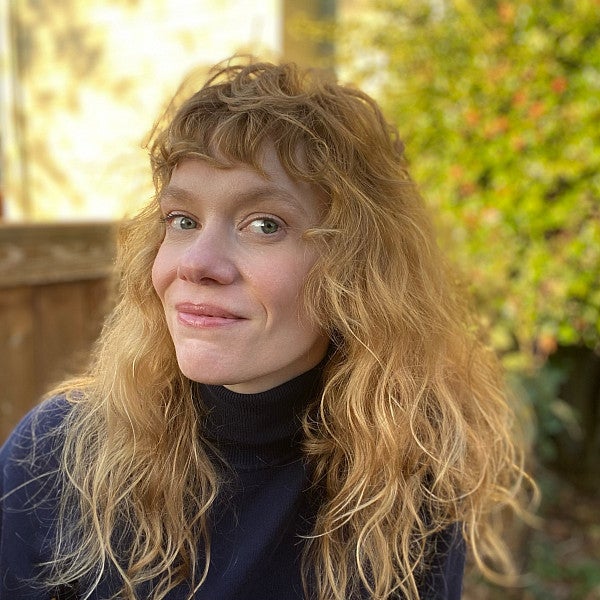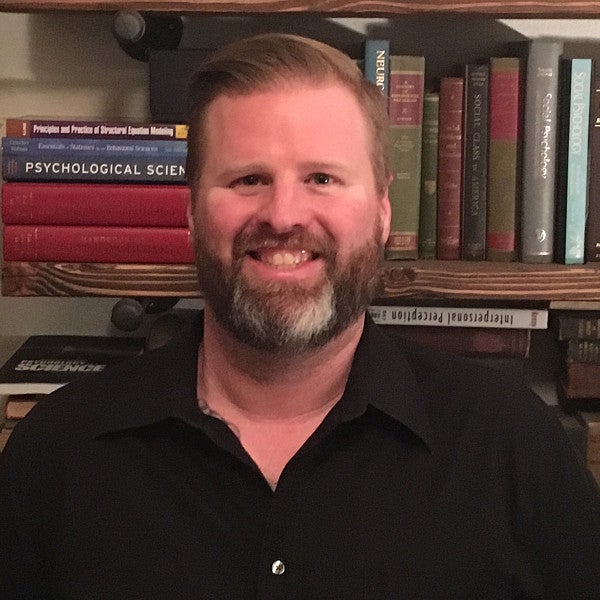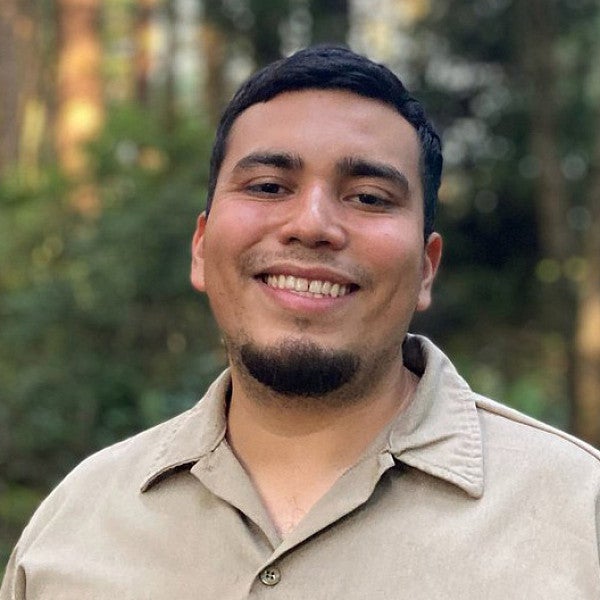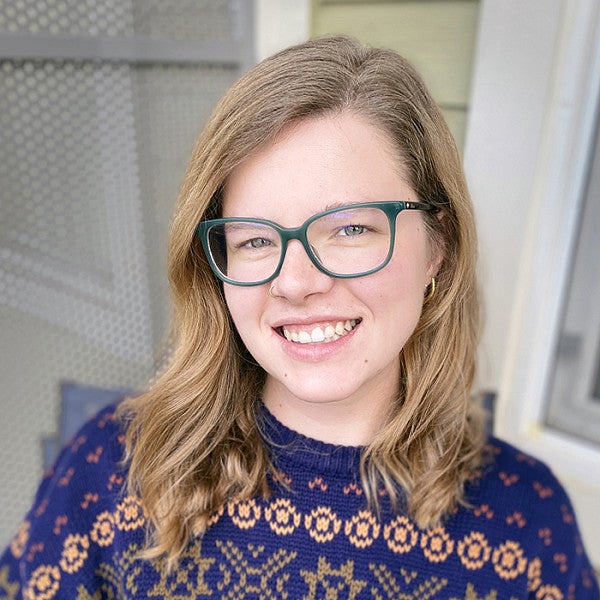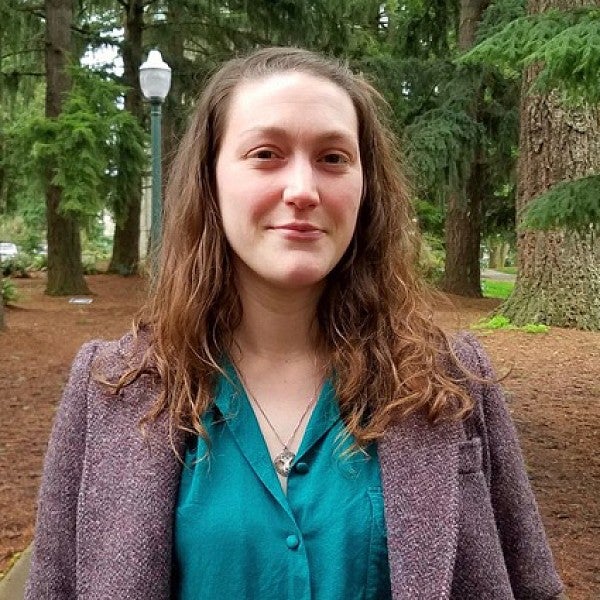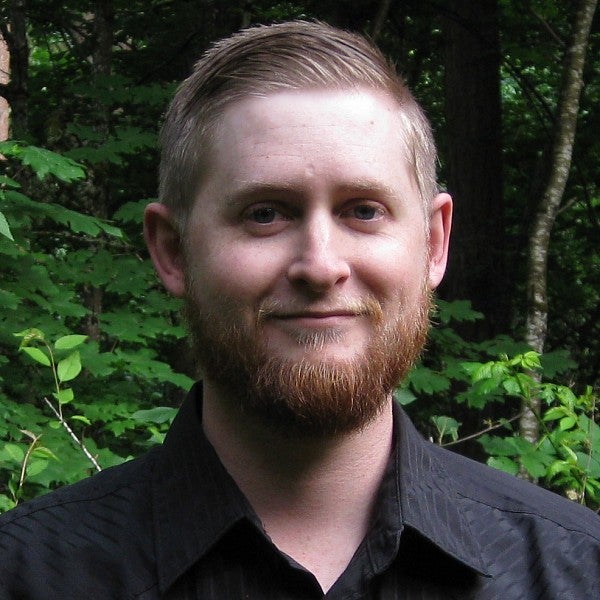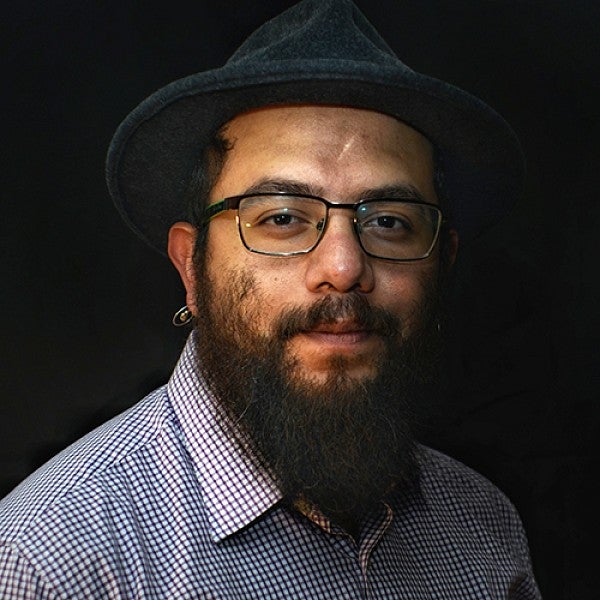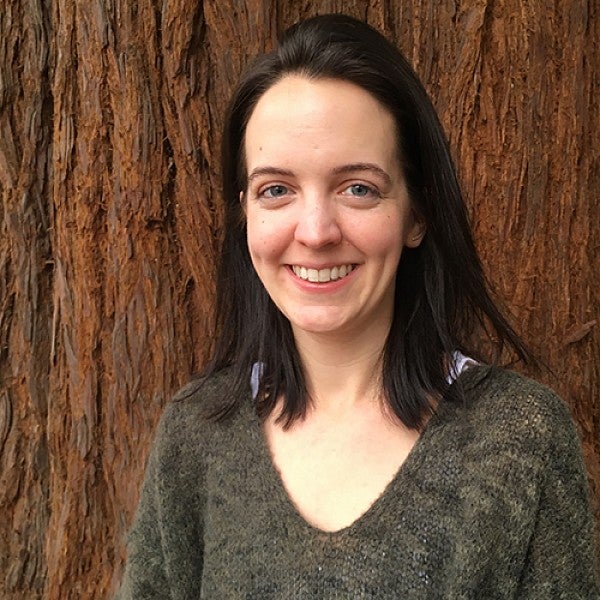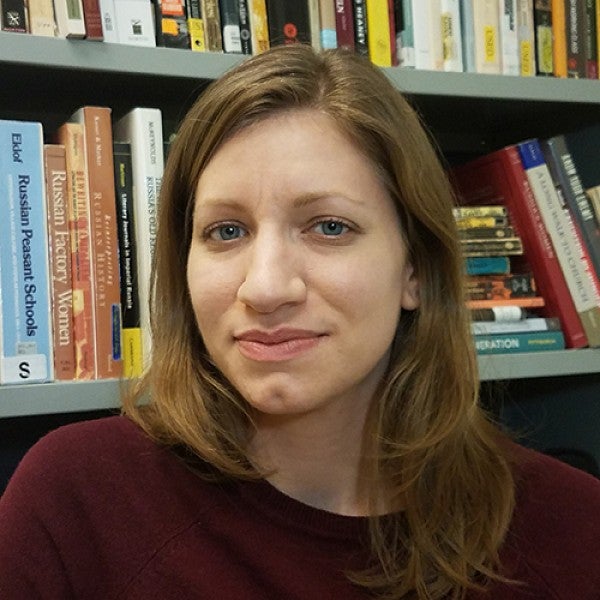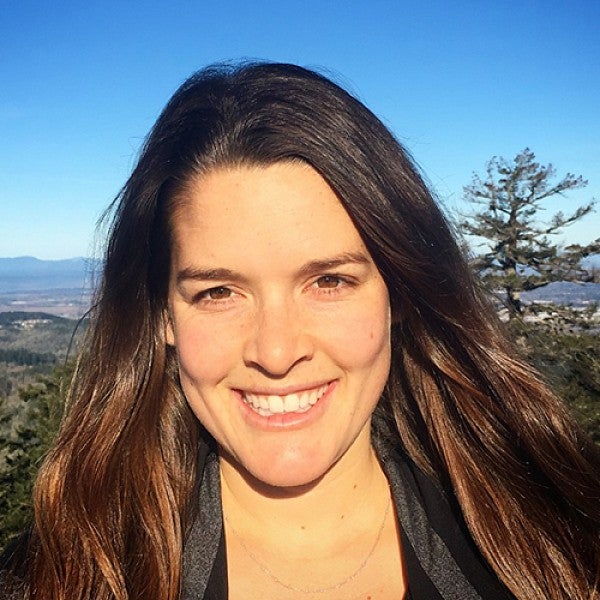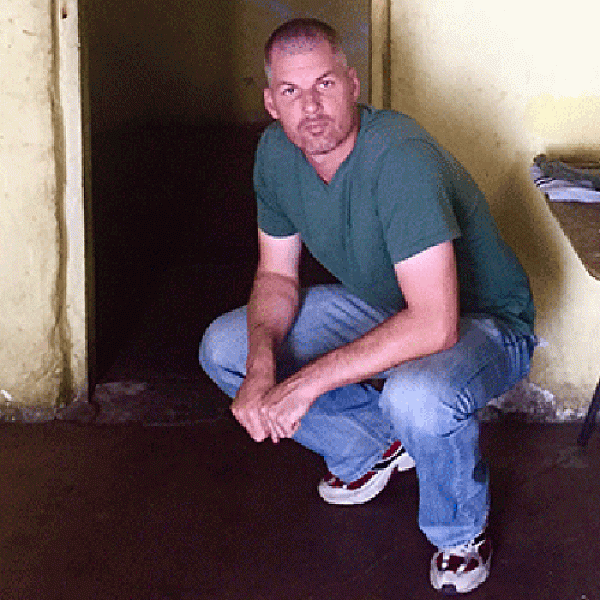2023-24
2022-23
2021-22
2020-21
2019-20
2018-19
2017-18
2016-17
Lucas N. N. Burke, History
The Cascadian Divide: Nature, Modern Conservatism, and the Republican Party in the Emerald City’s Empire
This project explores the political and environmental history of conservatism in Eastern Washington since 1945. After World War II, conservatism was as diverse as the environments that conservatives called home. In Washington State during the 1960s, economic dislocations associated with environmental change combined with the influence of white, evangelical Sunbelt conservatism to undermine this diversity and polarize Republicans. East of the Cascades, many ranchers, farmers, fishers, miners, loggers, suburbanites, and city-dwellers increasingly disapproved of federal and state government control over their environs. West of the Cascades, the Democrats consolidated electoral power by the 1980s. Washington’s story of ideological and geographical division was replicated throughout the American West and the broader United States.
Nadia Raza, Education Studies
Pedagogies of Repair: Community College Through the Narratives of Non-Traditional Students
This project situates community colleges as more than institutions of higher education. Promoting the value of human development and transformation through higher education, community colleges are essential to the nation’s future. However, they are sites where the “The American Dream” collides with realities such as underemployment, precarious labor, social abandonment, and debt. Approaching community colleges as storied landscapes, this research addresses the experiences of students characterized as non-traditional in the imagined future of higher education.
Thomas R. Schmidt, School of Journalism and Communication
Rediscovering Narrative: A Cultural History of Journalistic Storytelling, 1969-2000
Combining cultural history and institutionalist analysis, this project examines the transformation of American newspaper writing in the second half of the 20th century. American newspapers went through a paradigm shift, increasingly emphasizing narrative journalism—a focus on character, plot and meaning—rather than information delivery. Narrative innovations led to changes in journalistic style and practice, seeking to convey more than “just the facts” in daily reports. The rediscovery of narrative journalism in American newspapers was both expressed the crisis of “objectivity” within journalism and responded to cultural forces: civil rights, social movements, economic change.
Dissertation Fellows
The Wayne Morse Dissertation Fellows program ran from 2008-16, when it was replaced by the Wayne Morse Graduate Fellowship, which made the award available to master's students as well as Ph.D students.
2015-16
Lisa Beard, Political Science. “If We Were Kin: Identification and Intimacy in Antiracist Politics”
Beard’s research asks how intimate political identification across lines of race is generated and what political visions it makes possible. Turning to James Baldwin, she examines how Baldwin deploys kinship language and a concept she calls “boundness” to tie people together into an anti-racist political community. She then traces how “boundness” functions in contemporary social justice organizing, looking at Southerners on New Ground, a multiracial feminist LGBTQ organization in the U.S. South. Throughout the project, Beard examines how intimacy can provoke a unique kind of identification, one that carefully attends to differences in power while staking an enduring investment in each other’s liberation.
2014-15
Kathryn Miller, Political Science. Violence on the Periphery: Migration and Gendered Violence Against Women in the US Context
Miller explored the gap between the numbers of immigrant women who face intimate partner violence and those being afforded state assistance. Miller used innovative methodology including an analysis of legal processes, relevant policies and administration, and court cases, but also interviewed employees at NGOs that serve immigrant women. Miller examined how policy fails to respond effectively to immigrant women facing intimate partner violence and, worse, how it fosters conditions under which such violence thrives, raising the disturbing notion that the state can do harm in this situation.
Alan Reynolds, Philosophy. Liberalism, Pluralism and Property
Reynolds challenged the dominant assumption in political philosophy that reasonable people will agree about matters of basic justice, arguing that reasonable people in fact deeply disagree about matters of basic justice and that consensus is often an impossible ideal. Reynolds analyzed the nature of our current disagreements about property rights, economic liberty, and the distribution of wealth, first as this disagreement appears in the literature of political philosophy, and second as it appears in actual practices of online political deliberation.
2013-14
Greg Liggett, Political Science
Liggett’s dissertation, “Protecting the Digital Commons: Public Justification in the Face of Incommensurability,” focuses on the threat of the erasure of the digital public domain in the age of the Internet.
Jeremy Strickler, Political Science
Strickler’s dissertation, “War and the President’s Domestic Program: The Modern Presidency and New Deal Policy-Making in Wartime,” examines how war affects a president’s ability to mobilize support for his domestic program and how existing domestic policies are impacted during wartime.
2012-13
Brent Commerer, Political Science
Brent Commerer’s dissertation is titled “The Appearance of Democracy: The Politics of Election Redistricting Reform in the U.S.”
Ryan Wishart, Sociology
During his fellowship, Ryan worked his dissertation, “Metabolism, Mountains, and Miners: A Dialectical Investigation into Appalachia as an Internal Periphery,” and gave a presentation in a Wayne Morse Food for Thought event.
2011-12
Johanna Luttrell, Philosophy
“Gender, Alienation and Dignity in the Global Slums”
Luttrell’s dissertation explores the condition of female global poverty, and particularly women who live in the slums of “developing” countries. She departs from a traditional focus on distribution and recognition to explore issues of alienation and the oppression of women that result from the demands of global capitalism. S
Clinton Sandvick, History
“Defining the Practice of Medicine: Law, Society and Medical Licensure from 1865 to 1915”
Sandvick examined the passage, enforcement and consolidation of medical licensing laws in the United States in the crucial era of 1865-1915.
2010-11
Thomas Nail, Philosophy
In “Migrants, Nomads, and Citizens,” Nail examines the theory and structure of the social movements of non-status persons and their allies. He argues that we must reconceive some fundamental political concepts as well as our immigration policies, including democracy, rights and security policies, toward a more open concept of citizenship. His work has important implication for both the theory and policy on immigration and citizenship.
Patrick Hayden, Anthropology
Hayden’s research, “Public Employee Unions and the Cultural Politics of the State,” evaluates public employee unions as actors in Oregon’s political economy. This project juxtaposes the political autobiographies of public employees with cultural representations of unions and government, in an attempt to understand their reciprocal influence. The research attempts to unearth embedded social values that both frame and outlast election cycles, but also to catalog forms of democratic citizenship beyond electoral politics.
2009-10
Shangrila Joshi Wynn, Geography and Environmental Science
Wynn’s dissertation, “Justice, Development and India’s Climate Politics: A Postcolonial Political Ecology of the Atmospheric Commons” examined issues of equity and justice in climate change policy with a focus on the role of India in international negotiations. She addressed the challenges of reconciling ecological justice and international equity.
2008-09
Camille Walsh, History
Walsh’s dissertation, “Class, Race, and Claiming the Right to Equal Education, 1874-1974,” traces the legal history of modern de facto school segregation as the product of both racial and economic inequality. It explores how class and race are treated differently under the law, and how better to understand the ongoing challenge of educational equity in the law.
Veta Schlimgen, History
Schlimgen’s dissertation, “From Insular Subjects to Colonial Aliens: Sovereignty, Citizenship and Filipino America from 1900 to 1950” analyzes a rarely-explored civil status between citizen and alien, the status of “American national” that is used for certain citizens.
Jen Erickson, History
Erickson’s dissertation, “Citizenship, the State, and Resistance: Refugees and Social Service Organizations in the Midwest United States,” explores how social citizenship in the United States is mediated and experienced among immigrant and refugee groups. The locus of the study is Bosnian and Sudanese refugees living in Fargo, North Dakota. She examines how public and private social service agencies categorize refugees and the varied ways in which ideas about citizenship are felt, contested, and perpetuated.

